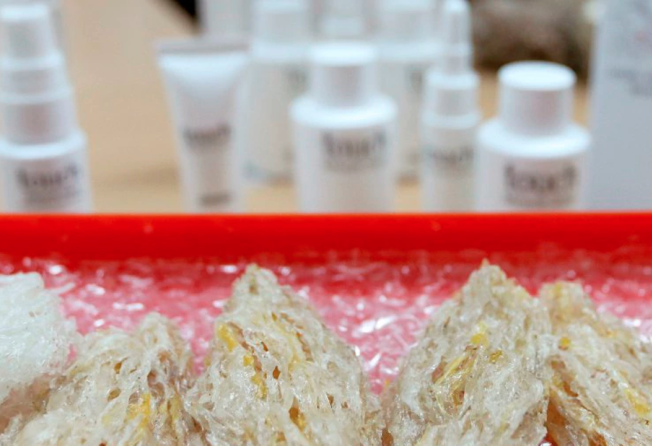Malaysia assures China on safety of locally-produced edible bird’s nests
The move follows China’s temporary ban on raw clean swiftlet edible bird's nests from Malaysia

By Melissa Darlyne Chow
China’s General Administration of Quality Supervision, Inspection and Quarantine has been briefed on the bird flu situation in Malaysia.
The move follows China imposing a temporary ban on raw clean swiftlet edible bird’s nests from Malaysia.
Malaysian Agriculture and Agro-based Industries Minister Datuk Seri Ahmad Shabery Cheek said the department’s vice minister was assured that raw clean swiftlet edible bird’s nests from Malaysia are mostly exported from outside Kelantan.
“We told them that the ‘Heat Treatment’ procedure is used, wherein bird’s nest products are heated to seventy degrees Celsius for 3.5 seconds, to ensure that they are not just clean, but that additional steps are taken to ensure no untoward incidents.
“We received a positive reaction from China. They have voiced their confidence in the standards of our products and the steps we are taking to control the disease.
“We will continue to engage with them. This includes paving the way for AQSIQ to come and see for themselves the processes and the standard operating procedure we have adopted,” he said, adding that they will be coming soon.
Ahmad Shabery was speaking to reporters at the media centre here today.
He stressed that the temporary ban imposed by China is not something to be taken lightly, as it could affect trade with China, as well as jeopardise the income of those in the industry.
It was reported previously that the ministry secretary-general and the Department’s deputy director-general will conduct a working visit to China to explain the bird flu situation and the measures being taken by local authorities.
On the issue of H5N1 in Kelantan, Ahmad Shabery said there have been no new findings, and if the present situation persists, it will not be long before a clean bill of health is declared.
He stated that to date, fowl in twenty-eight locations in six districts in Kelantan have tested positive for the H5N1 virus.
The six districts are Kota Bharu (fourteen locations), Pasir Mas (six), Tumpat (three), Tanah Merah (one), Bachok (one) and Pasir Puteh (three).
“To date, 37,555 reared fowls and 15,348 eggs have been culled at fifteen locations, with 3,457 samples taken from 548 owners,” he added.